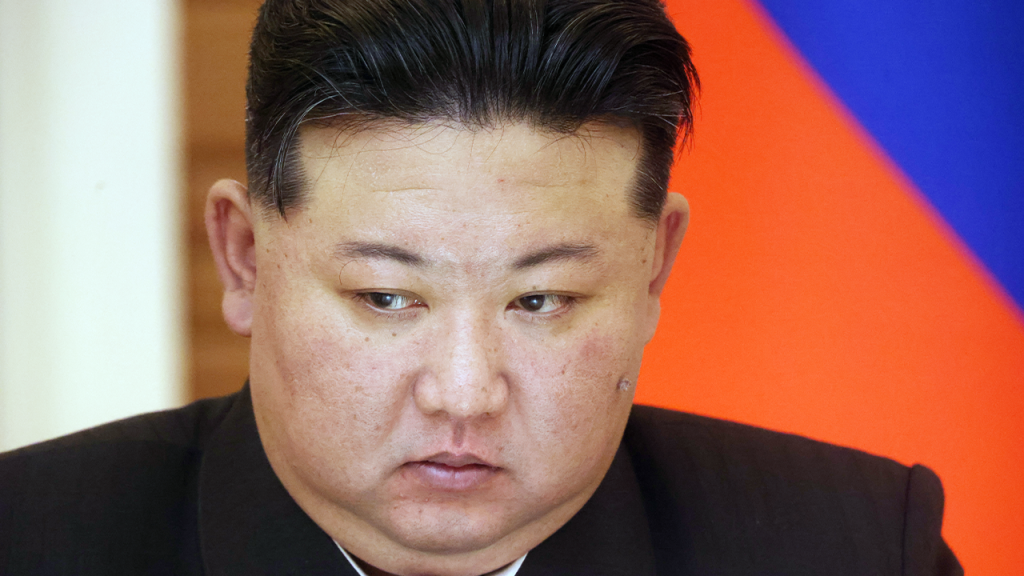North Korea’s Kim Jong Un criticized South Korea’s President Yoon Suk Yeol for making disrespectful comments about the end of the Republic, implying blind faith in the partnership with Washington. Kim emphasized that North Korea has no intention of attacking South Korea but made it clear that their military power will be used if necessary. Yoon, on the other hand, has been pushing for a denuclearized North Korea amidst escalating regional tensions. Kim, however, insisted on expanding North Korea’s nuclear capabilities and warned that their pursuit of becoming a military superpower will accelerate.
The recent exchange of statements between Kim and Yoon highlighted the ongoing tensions and differences in approaches to nuclear weapons. Yoon has condemned Pyongyang’s new nuclear facility and even displayed a new ballistic missile capable of destroying underground facilities in North Korea. On the other hand, Kim has consistently rejected calls for denuclearization and emphasized the use of military force if North Korea’s sovereignty is threatened. This back-and-forth demonstrates the challenges in achieving peace and security in the Korean Peninsula.
Kim’s comments reflect his determination to strengthen North Korea’s military capabilities, including its nuclear arsenal. He has warned that any attempts to use force against his country will be met with a powerful response, including the use of nuclear weapons. This aggressive stance by Kim raises concerns about the potential for further escalation and the risks of a nuclear conflict in the region. The international community needs to closely monitor the situation and work towards diplomatic solutions to prevent a dangerous escalation.
The tensions between North Korea and South Korea are further complicated by the involvement of other global players, such as the United States and Russia. The partnership between South Korea and Washington has been a point of contention for Pyongyang, which sees it as a threat to its national security. Meanwhile, Russia’s recent visit to Iran amidst concerns over a potential nuclear deal adds another layer of complexity to the situation. The lack of coordination and trust among these major powers could further fuel tensions in the region.
The statements from Kim Jong Un and Yoon Suk Yeol underscore the need for diplomacy and dialogue to address the underlying issues and reduce the risk of conflict. The two Koreas have a long history of hostilities and mistrust, which makes finding common ground challenging. However, the stakes are high, given the potential for catastrophic consequences in case of a military confrontation or a nuclear exchange. Both leaders must show restraint and engage in constructive dialogue to defuse tensions and work towards lasting peace and stability in the region.
In conclusion, the latest exchange of statements between North Korea’s Kim Jong Un and South Korea’s President Yoon Suk Yeol highlights the ongoing tensions and challenges in the Korean Peninsula. Kim’s aggressive stance on expanding North Korea’s nuclear capabilities and threats of using military force raise concerns about the potential for further escalation. Diplomatic efforts and dialogue are essential to prevent a dangerous conflict and promote peace and security in the region. The involvement of other major powers, such as the United States and Russia, adds complexity to the situation and underscores the need for multilateral cooperation to address the underlying issues and reduce the risk of a nuclear conflict.













